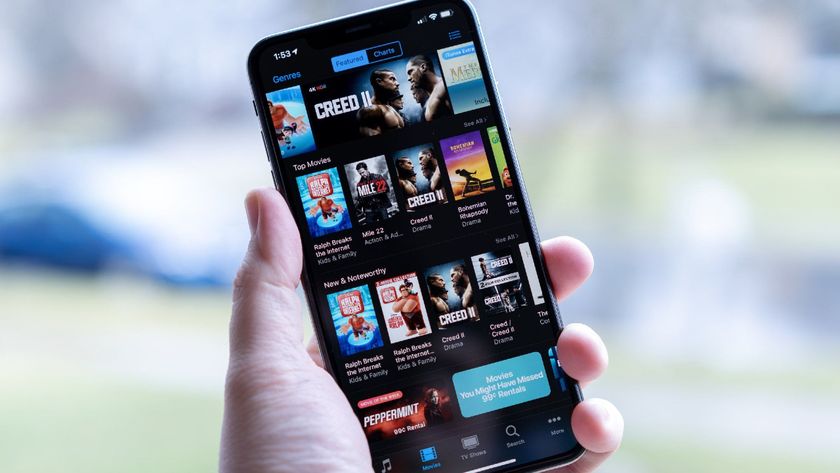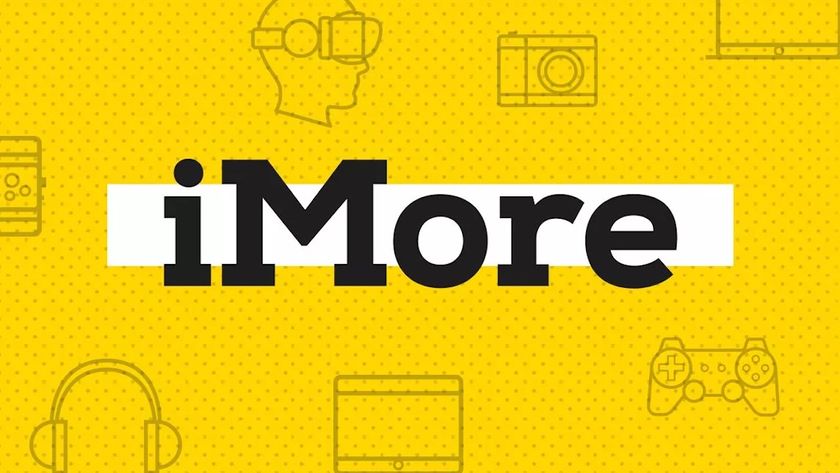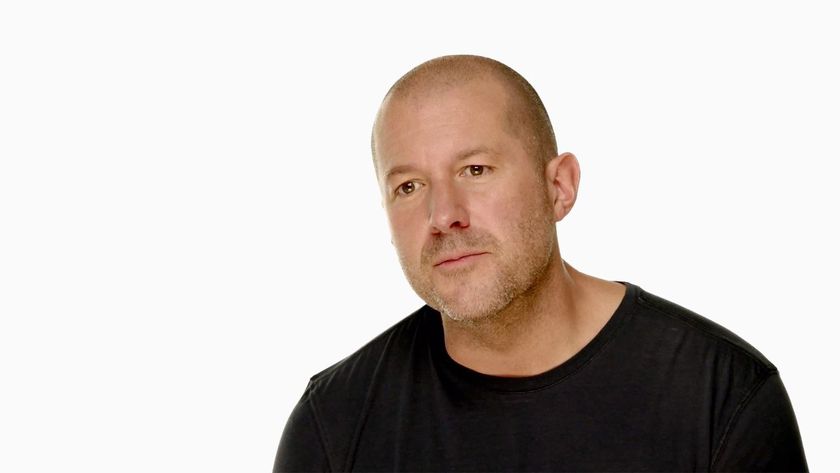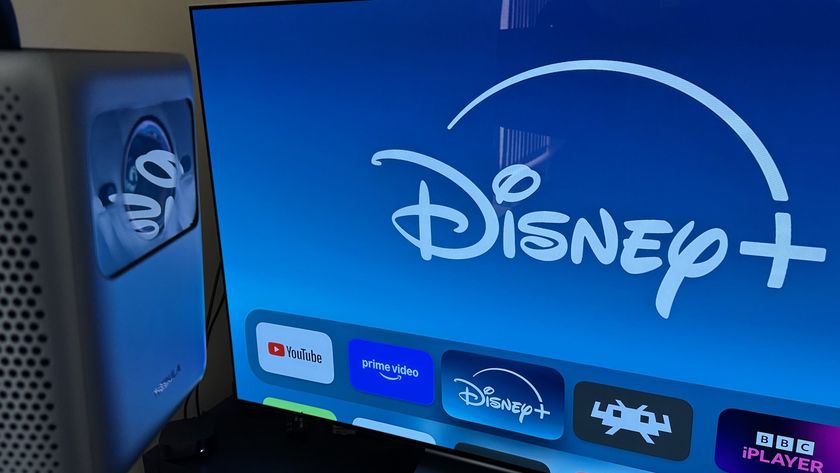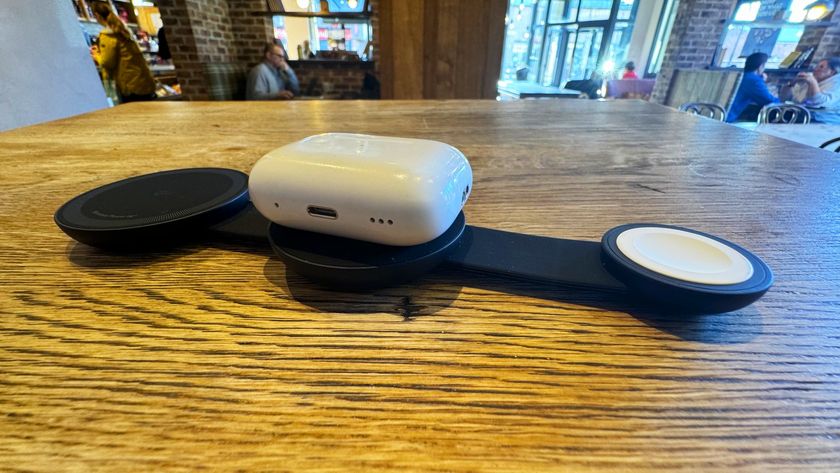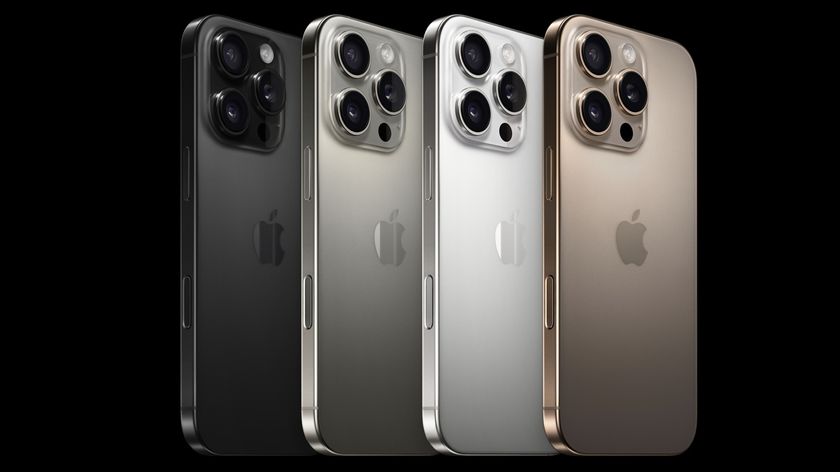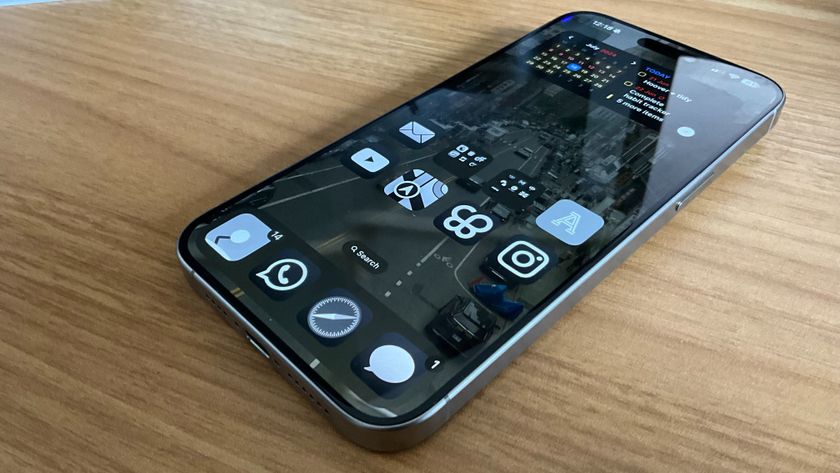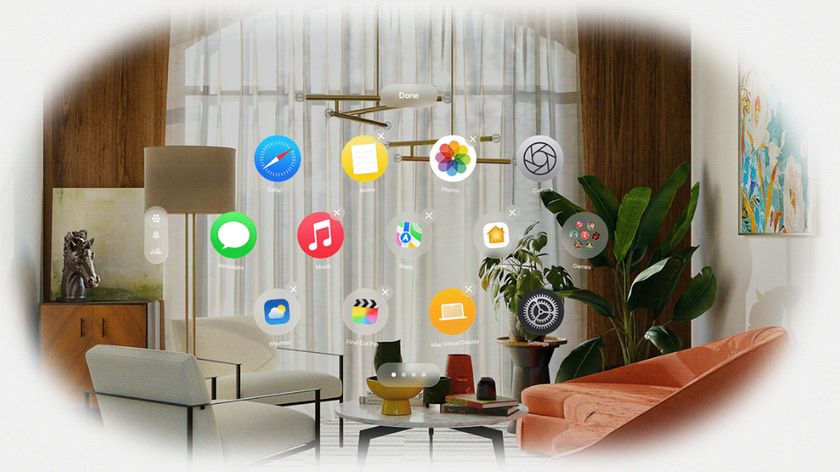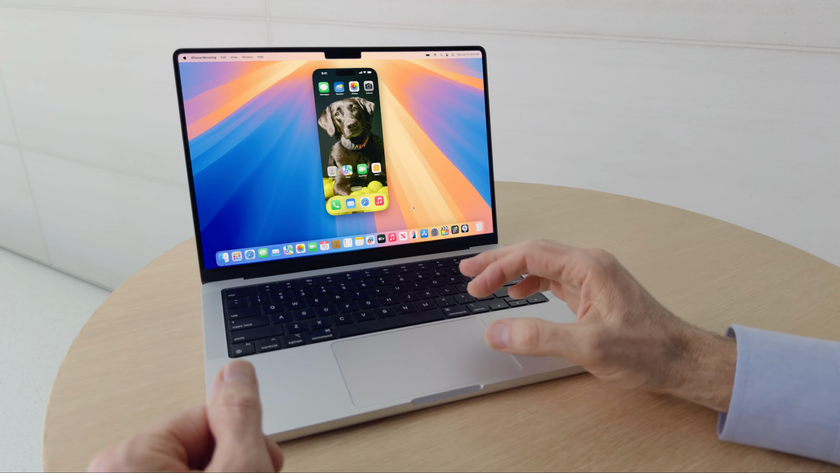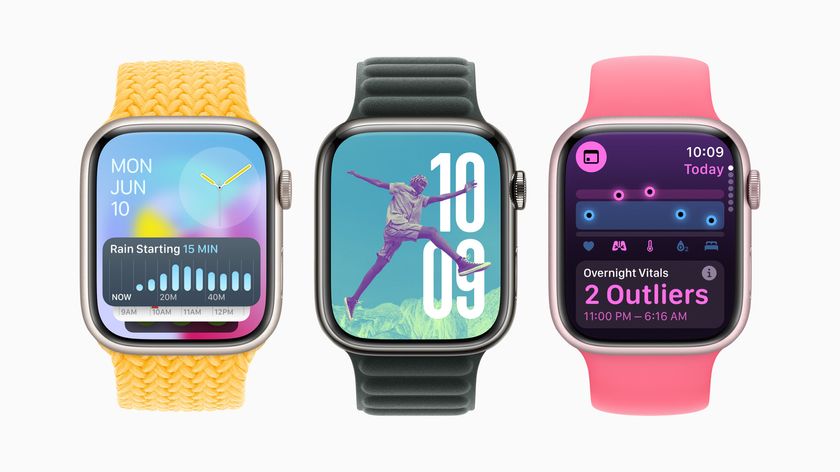Apple removes copy-cat apps from the App Store, doesn't address larger issues
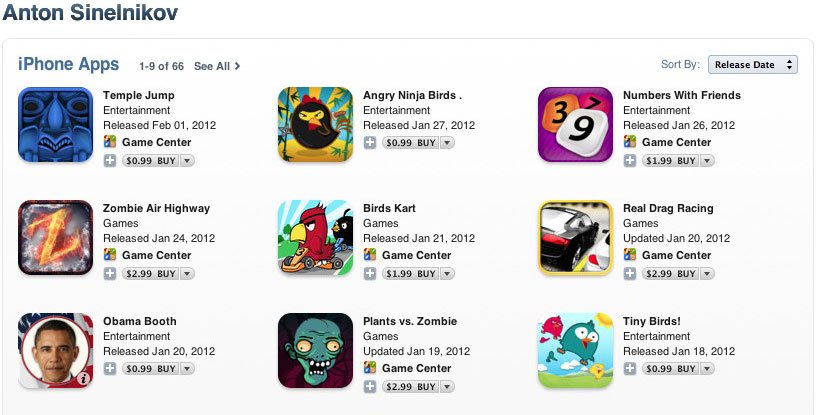
Apple has removed a number of copy-cat apps from the App Store, specifically plagiaristic titles such as Tiny Birds, Temple Jump and Numbers With Friends created replicated by developer Anton Sinelnikov. Apple has made similar moves against shady developers in the past, taking down 1,000 apps in 2008 after they noticed fake 5-star reviews in the App Store.
However, the problem is greater than just a few scam apps from a few shady developer. Most of us know that these titles copy from the real deal, specifically Tiny Wings, Temple Run and Words With Friends, but new users might have a hard time telling them apart, and get a nasty surprise after they've drop down money only to discover they've been conned into buying a fake app. That creates a bad experience and might make them wary of the App Store in the future.
For legitimate developers, they lose out on the income. It's difficult and expensive enough, especially for independent developers, to get a hit title on the App Store. When and if they finally do have a hit on their hands, they now have to worry about scammers trying to steal their sales, damage their brand, and turn off their customers. Worse yet, according to developer Kode80, scammers rely on the outrage that follows their copy-cat apps to actually gain attention and drive sales.
Should Apple be doing more to prevent copy-cat titles from hitting the App Store in the first place, and should they be making it easier to report when they do? Apple long ago appointed themselves as gate-keepers and curators, but when it comes to copyright issues, they've followed the common practice of waiting for a complaint and then leaving the developers involved to fight it out. Sometimes that works. Sometimes it lets bigger, more established brands bully competitors out of the App Store.
Likewise, Zynga, one of the biggest gaming companies on the planet, has been accused of copying NimbleBit's Tiny Tower with their new game, Dream Heights. Dream Heights doesn't present itself as a copy-cat in the App Store the way Sinelnikov's did, with similar naming and branding intended to cause confusion, but it does duplicate the look, feel, and gameplay of a popular independent game.
Where should the line be drawn, and should Apple be the ones drawing it?
Source: The Guardian, TechCrunch; image via @tapbot_paul
Master your iPhone in minutes
iMore offers spot-on advice and guidance from our team of experts, with decades of Apple device experience to lean on. Learn more with iMore!
Andrew Wray is a Salt Lake City, Utah based writer who focuses on news, how-tos, and jailbreak. Andrew also enjoys running, spending time with his daughter, and jamming out on his guitar. He works in a management position for Unisys Technical Services, a subsidiary of Unisys Corporation.
